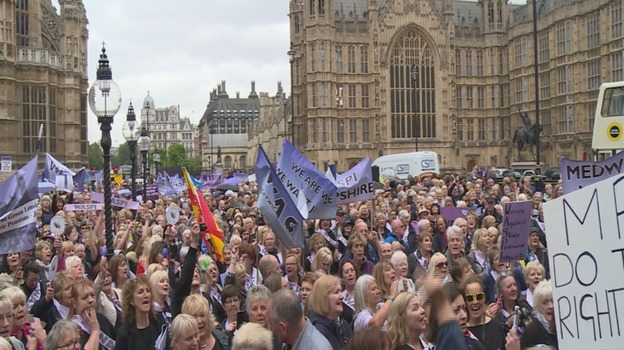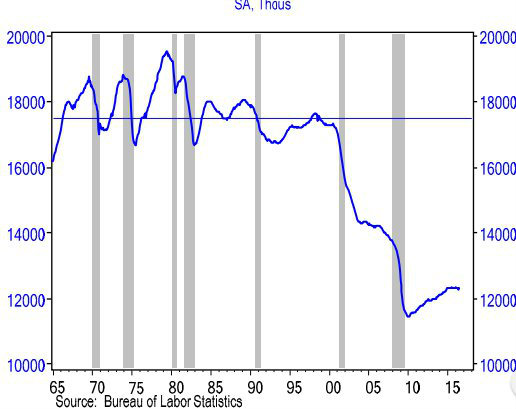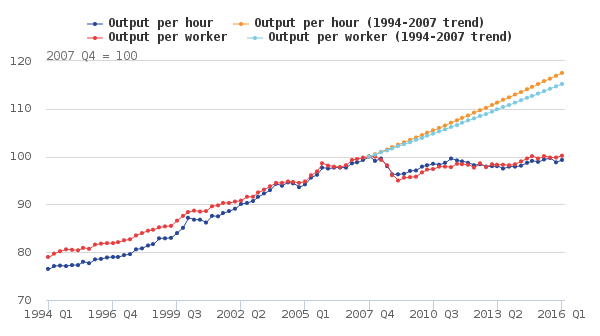The WASPI campaign's unreasonable demand

As my readers will know, I have been watching the WASPI campaign with a growing sense of despair. Every attempt to find a realistic solution to their issue fails because it does not meet their demand for "fair transitional arrangements". But they have steadfastly refused to say what "fair transitional arrangements" are - at least publicly. The 1995 Pensions Act included transitional arrangements. The rises in women's state pension age (SPA) did not start for 15 years after the Act was passed, so did not affect women born prior to April 1950. And women's SPA was to rise gradually from 60 to 65 over the course of 10 years, from 2010 to 2020. The 2011 Pensions Act accelerated the transition and added an extra year to the SPA for men and women born from 1955 onwards. Like many, I think the 2011 Pensions Act was unfair, increasing the SPA for some women by up to 18 months ON TOP OF the 1995 Pensions Act rise, with very little notice. I support a campaig...







